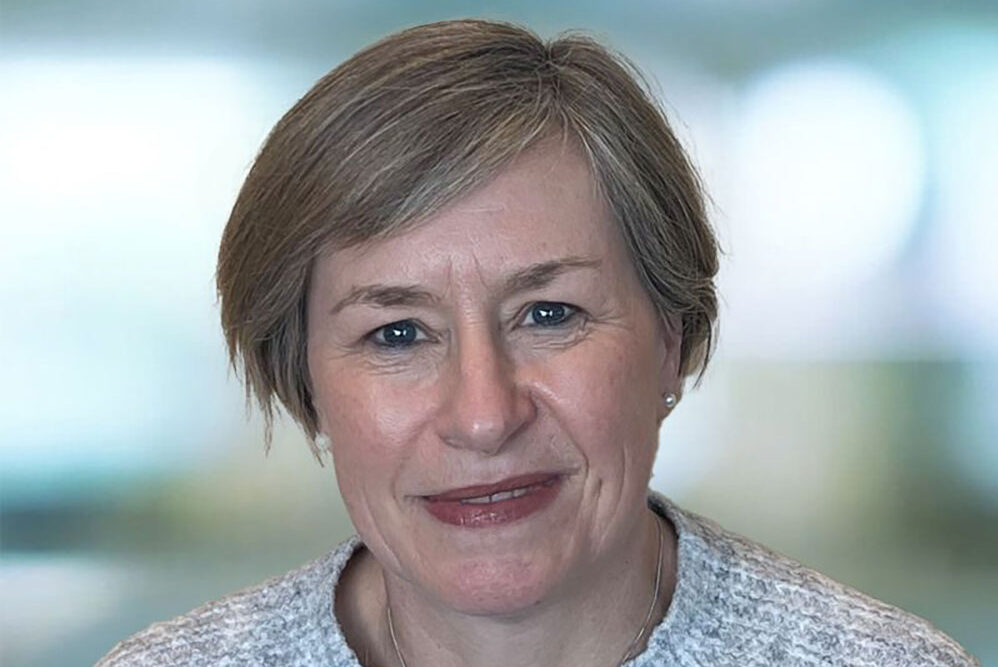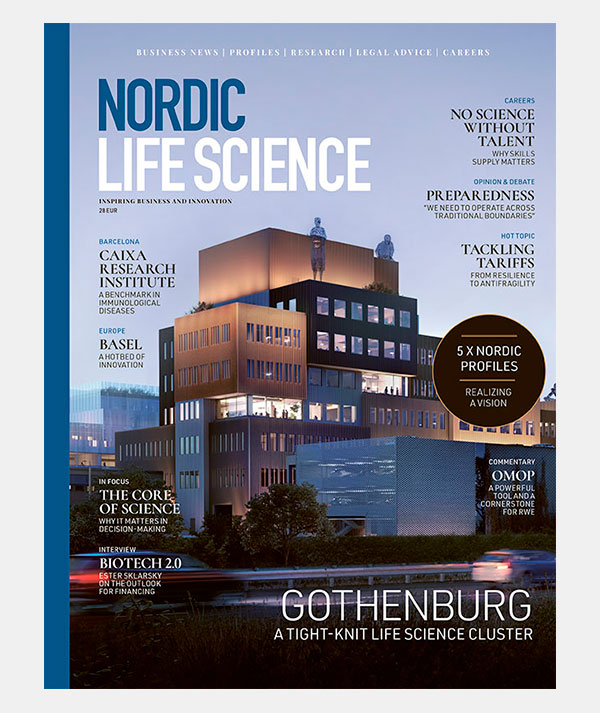Two winners were announced during NLSDays

This year in Malmö two awards in two different competitions were handed out, the Nordic Star pitch competition and the Innovation Poster exhibition.
The Nordic Star pitch competition welcomed 20 SMEs from across the Nordics, which each gave a four-minute pitch on-stage to the jury and an audience of investors.
The Swedish life science start-up MyCural Therapeutics took home the NLSDays Nordic Star 2024 Award, consisting of a 10,000 EUR cash prize and two tickets to next year’s event. Dr Alina Castell, the CEO of the young company accepted the prize onstage.
MyCural Therapeutics is a start-up life science company founded by cancer researchers from Karolinska Institutet, Linköping University and Uppsala University.
”I am surprised by the win because I don’t think we are that close to having a product yet, but I believe I put together a pitch that answered most of the questions, and I think that was the key. It also certainly helps that I have spent two years practicing pitching,” said Alina Catell, CEO of MyCural Therapeutics.
As an investor, we are always on the look for innovative approaches with platform potential, and that is what we see in MyCural.
”The winning company is working on a well validated clinical unmet need that also harbors significant commercial potential. As an investor, we are always on the look for innovative approaches with platform potential, and that is what we see in MyCural,” said Sara Kangaspeska, Investment Director at Innovestor Life Science & Health Fund and member of the jury.
Innovation poster exhibition winner
22 academic researchers and SME:s from Nordic academia and industry were selected to present posters outlining a project with commercial potential. Dr Giacomo Roman from Oslo University Hospital, Norway, won the competition with his poster: “Autologous cell-based therapy for coagulation factor deficiency”.
“At Oslo University Hospital, Dept. Hematology, as part of SPARK Norway innovation in life science program, we are developing an autologous cell-based therapy for coagulation factor deficiency. Coagulation factor deficiencies are hereditary, monogenic disorders affecting the blood coagulation system, resulting in pathological bleeding or thrombosis. The main treatment for these patients still rely on replacement therapy with frequent (required for life) and highly expensive injections consisting of recombinant protein formulations. By correcting the disease in the patients’ own pluripotent stem cells, we are able to produce therapeutic, tri-dimensional liver organoids recapitulating mature liver functions and cellular complexity, including the secretion of all the previously compromised blood coagulation factors. We are set to demonstrate that a single infusion might provide lifelong treatment with no eligibility, toxicity or immune-associated restrictions,” said Roman.
I think the novelty of the approach and the tremendous therapeutic impact of the presented cell-based therapy in the form of three-dimensional liver organoids has been the key that attracted participants’ attention.
“I think the novelty of the approach and the tremendous therapeutic impact of the presented cell-based therapy in the form of three-dimensional liver organoids has been the key that attracted participants’ attention. We look forward to extend our network of partners and collaborators to boost this technology into a clinical reality, for all the patients with inherited coagulation factor deficiencies,” he added.
Updated: September 25, 2024, 06:30 pm
Published: September 23, 2024












